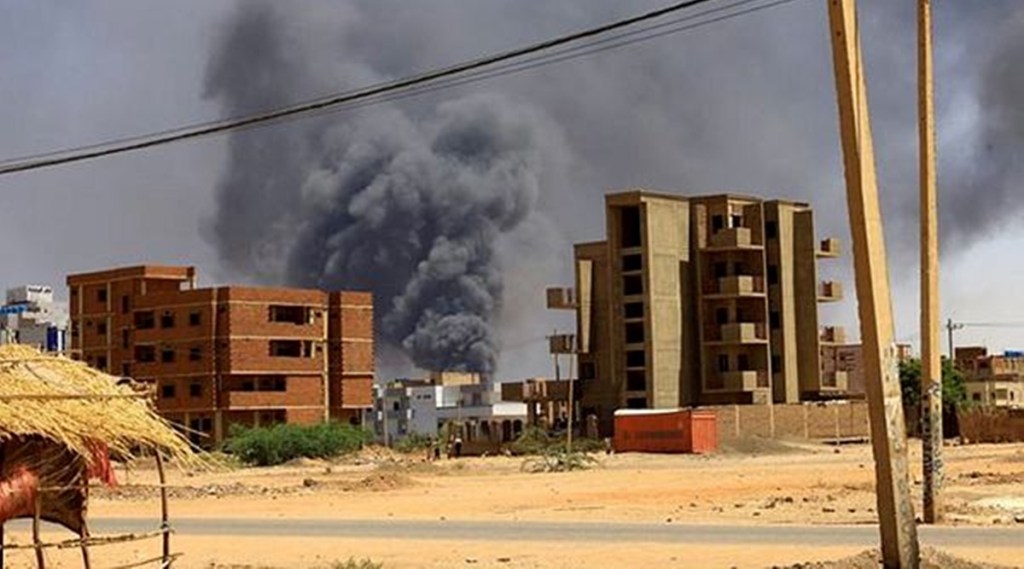Drone strike hits Atbara power station triggers blackout in Sudan

ATBARA — Sudan’s Electricity Holding Company announced on Friday that the Atbara power substation in River Nile State was hit by a drone strike, marking the fourth attack on its facility.
The incident has resulted in widespread power outages across the River Nile and Red Sea States, deepening the country’s ongoing energy crisis amid the war.
A statement issued by the company’s Media Coordination Council has confirmed that the attack sparked a fire at the substation.
“Civil defense teams were deployed to the scene and are currently working to contain the blaze. A technical assessment of the damage will be conducted once the fire is under control to begin restoration efforts and resume electricity supply to affected areas,” it said.
It accused paramilitary Rapid Support Forces (RSF) of launching a drone attack on electricity infrastructure.
The RSF has been increasingly relying on drones since the outbreak of the conflict with the Sudanese Armed Forces (SAF) in April 2023, it said.
“The repeated strikes on strategic facilities, including power plants and transmission stations, have led to a persistent state of instability in the country’s electrical grid.”
It said the use of drones by RSF has become a defining tactic in their campaign, allowing them to strike deep into SAF’s territories with minimal risk to their personnel.
“The drone attacks have intensified in recent months, not only disrupting civilian services but also damaging critical infrastructure in a war already marked by displacement, famine, and a growing humanitarian catastrophe,” it said.
Electricity blackouts have become routine across Sudan, especially in areas under the control of the SAF.
In parts of the capital Khartoum, as well as the White Nile, North Kordofan, Kassala, Northern, and Gedaref states, residents often face power cuts lasting several hours or even days.
These outages come at a time of soaring temperatures, further compounding daily hardships for millions.
As electricity becomes unreliable, demand for alternative cooling solutions has surged.
In SAF-held regions, the price of cooling services—including ice for food and medicine preservation—has reached record highs.
Many citizens, especially diabetic patients who require refrigeration for insulin, are forced to purchase ice at double or triple the normal price.
The ongoing war has devastated public services across Sudan.
With fuel shortages, infrastructure damage, and the targeting of civilian facilities, access to basic necessities such as clean water, electricity, and healthcare is diminishing rapidly.
Sudan’s power sector, once already fragile due to underinvestment and political instability, is now one of the prime casualties of the armed conflict.
Analysts warn that continued attacks on power infrastructure could have far-reaching consequences, not just for civilian life but also for the long-term recovery of the country once the fighting ends.
sudanspost.com